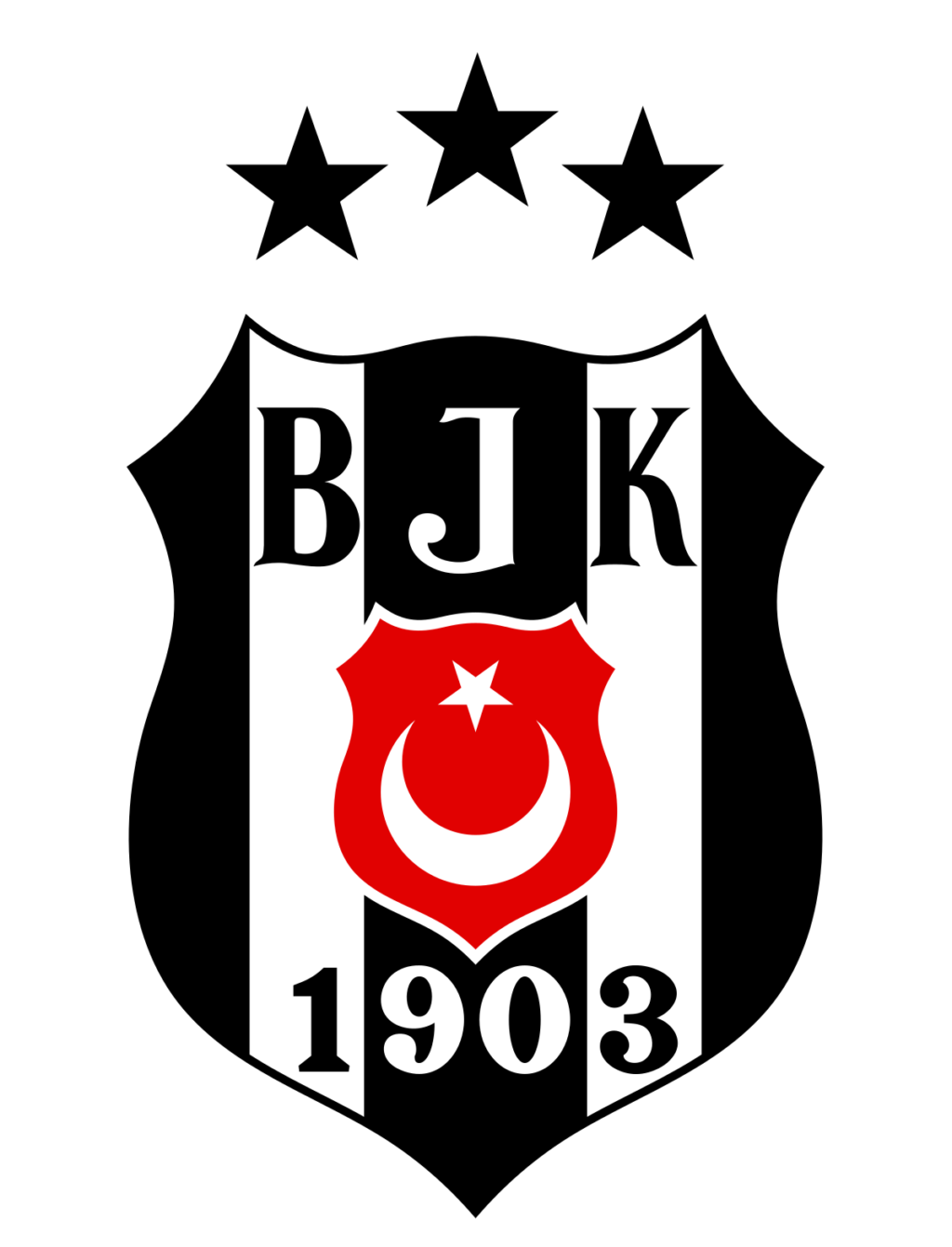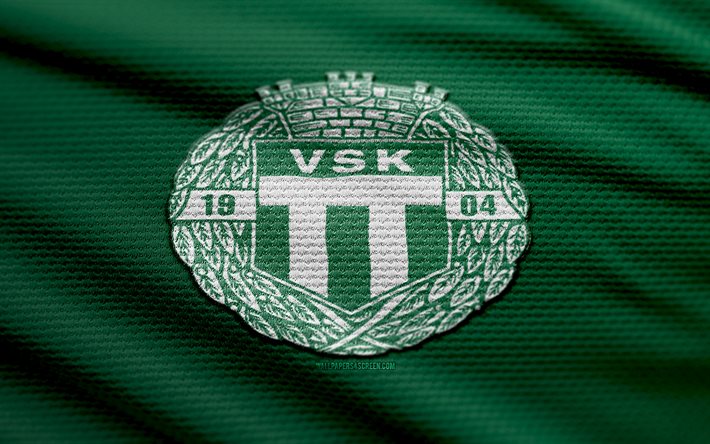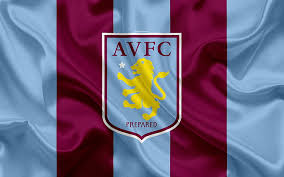
Besiktas FC
Besiktas FC stands as one of Turkey’s most storied and revered football clubs. With a rich history rooted in Istanbul’s vibrant sports culture, it has cultivated a passionate fan base and a tradition of excellence over the decades. This comprehensive article explores the origins, triumphs, influential figures, and enduring legacy of Besiktas FC, painting a vivid picture of why this club remains a cornerstone of Turkish football.
The Origins and Historical Development of Besiktas FC
To truly appreciate the stature of Besiktas FC, one must start at its inception. Established in the early 20th century amid the social and political upheavals that marked the Ottoman Empire’s final years, the club’s foundation was driven by young enthusiasts eager to foster local pride through sport https://9fun.biz/.
Early Beginnings and Formation (1903–1920)
Besiktas FC was founded on March 16, 1903, in the Besiktas neighborhood of Istanbul. Originally known as “Beşiktaş Jimnastik Kulübü,” its initial activities extended beyond football, encompassing gymnastics and other athletic pursuits. The early years were modest; the club played friendly matches against neighboring teams, gradually building a reputation for competitive spirit.
During these formative years, Besiktas faced numerous challenges, including limited resources and the geopolitical tumult affecting the Ottoman Empire. However, the club’s resilience and community support provided a solid foundation for future growth.
The Evolution Through the Republican Era (1920–1950)
The establishment of the Republic of Turkey in 1923 marked a new chapter, and Besiktas became emblematic of national pride. Football gained popularity, and the club formalized its participation in organized competitions. During this period, Besiktas emerged as a formidable force domestically, winning regional championships and establishing rivalries with other Istanbul giants like Galatasaray and Fenerbahçe.
This era also saw key infrastructural developments, such as the construction of the iconic Vodafone Park, which would later become synonymous with the club’s modern identity. The team’s style began to evolve into a more disciplined, tactical approach reflecting broader changes in Turkish football.
The Golden Years and Domestic Dominance (1950–1980)
Post-WWII, Besiktas entered its golden age, characterized by sustained domestic success and increased professionalism. The club won multiple Süper Lig titles, showcasing talented players who would leave an indelible mark on Turkish football. During this period, the club also invested heavily in youth development, fostering talents who went on to achieve international acclaim.
The rivalry with Galatasaray intensified, yielding some of the most memorable matches in Turkish football history. The club also participated in early European competitions, laying the groundwork for its international ambitions.
Modern Era and Continuing Legacy (1980–Present)
From the 1980s onward, Besiktas navigated the challenges of commercialization, fluctuating performances, and managerial changes. Despite setbacks, the club maintained its competitive edge and loyal supporter base. The 2000s and 2010s saw significant successes, including league titles, cup victories, and notable runs in European tournaments.
In recent years, the club has embraced modernization with investments in facilities and infrastructure, notably the move back to Vodafone Park, which symbolizes both tradition and progress. Today, Besiktas FC continues to strive for excellence while honoring its historic roots.



